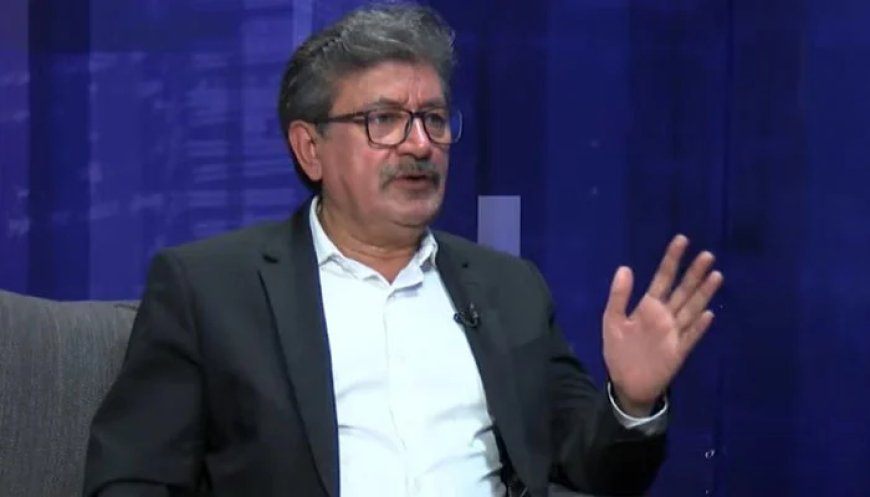Former judge makes startling claims about ex-LHC CJ Ameer Bhatti

1. Sabir Mithu, a relative of former COAS General Qamar Bajwa, attempted to influence a sugar case, claims ex-LHC judge
The interview with Justice (retd) Shahid Jameel Khan has brought forth significant allegations and revelations regarding judicial conduct and interactions within the Lahore High Court (LHC) and the judiciary in Punjab. Here are the key points from the interview:
1. **Allegations Against Former CJ Ameer Bhatti**:
- Justice Khan alleged that former LHC Chief Justice Ameer Bhatti used his position to benefit his son-in-law, Ali Afzal Sahi, who is associated with Pakistan Tehreek-e-Insaf (PTI). Sahi allegedly invited several judges to his residence, including Justice Khan, after becoming a provincial minister and being allotted a government house. Justice Khan claimed that around 25 judges attended this event.
- He further alleged that during Bhatti's tenure, certain sensitive cases related to the establishment and intelligence agencies were often assigned to specific judges, which created a perception of providing relief.
2. **Judicial Independence and Interference**:
- Justice Khan criticized the approachability of Justice Bhatti and mentioned that a judge should not be meeting with everyone, implying concerns over judicial independence and potential interference.
3. **Other Disclosures**:
- He praised the integrity of certain judges like Justices Mansoor Ali Shah, Shahzad Gheba, and Ayesha Malik.
- Justice Khan also mentioned an incident involving Sabir Mithu, a relative of former army chief General Qamar Javed Bajwa, who allegedly tried to influence him in a sugar case. He ended his acquaintance with Mithu after this incident.
4. **Response and Outcome**:
- Before the interview was aired, attempts were made to contact the individuals mentioned for their comments or interviews, but none accepted the invitation.
Overall, the interview highlighted internal dynamics within the judiciary, allegations of political influence, and concerns over judicial conduct and independence.
















































